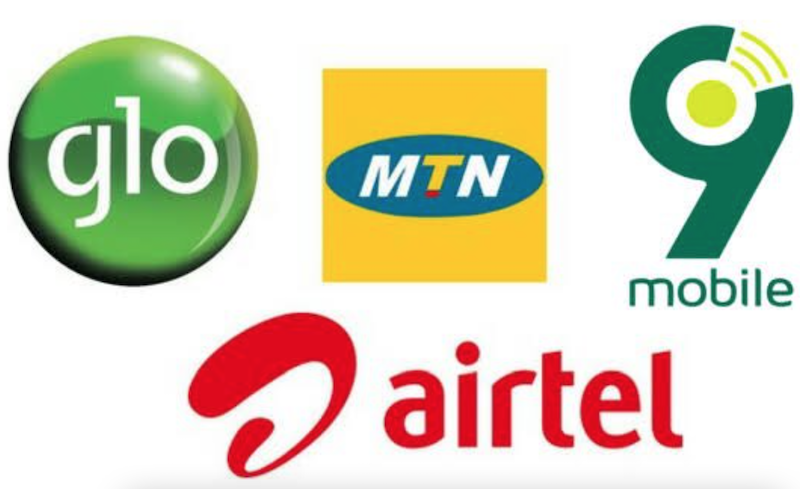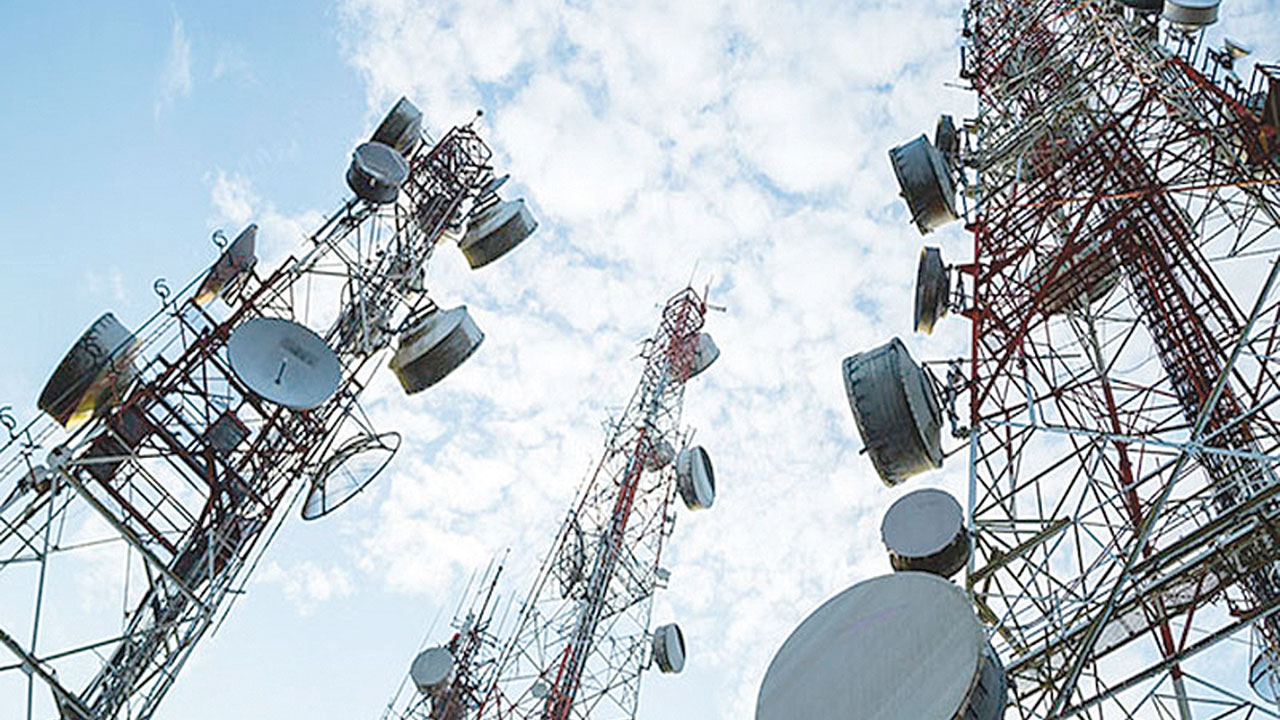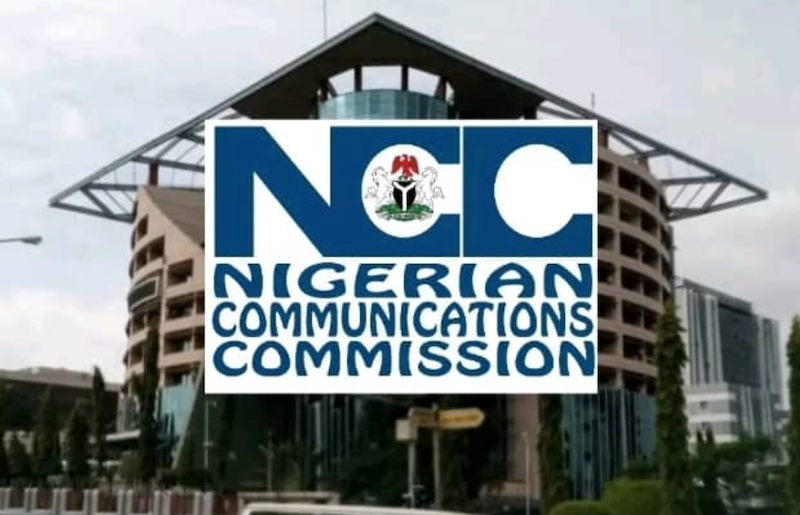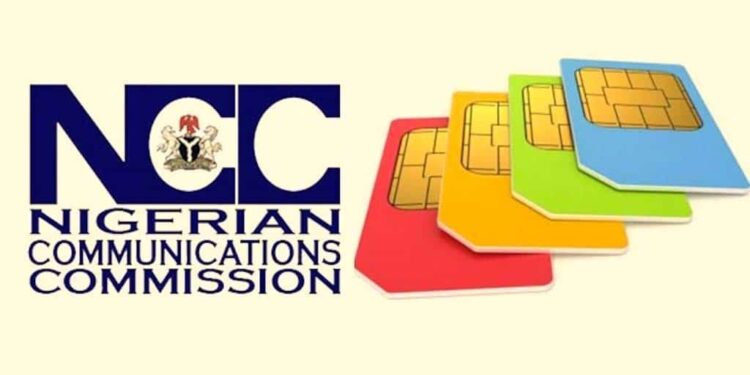The Minister of Communications, Innovation and Digital Economy, Dr Bosun Tijani has confirmed that telecom tariffs will increase soon but that the increase will not by 100 per cent.
Rising from a stakeholders meeting with Mobile Network Operators (MNOs) on Wednesday in Abuja, Tijani said that consultations and engagements were ongoing on the issue.
Recall that the MNOs had proposed a 100 pee cent increase in data and call tariffs.
According to the Minister, very soon the Nigerian Communications Commission (NCC) will approve and make the new tariffs public to Nigerians.
“You have seen over the past weeks that there has been agitation from some of these companies to increase ttariffs They are requesting for 100 per cent tariff increase.
“But it will not be by 100 per cent; the NCC will soon come up with a clear directive on how we will go about it.
“We want to strike the balance as a government, to protect our people, but also protect and ensure that these companies can continue to invest significantly,” he said.
He said that there was a need to ensure that the telecommunication sector get its acts together to ensure that the right regulations are put in place to ensure the growth of this sector.
The Minister also said that the Federal Government would no longer leave investments on infrastructure in the sector to private companies alone.
“As a country, over time, we have left this investments in the hands of the private sector. They typically invest where they can see returns in the short to medium term.
“We will not want this conversation to just be about tariff increase. What the world is talking about today is meaningful connectivity, people want to have access to quality service.
“A part of it that the consumers may not be aware of is the investment that needs to go into the infrastructure that is used to deliver these services,” he said.
The Executive Vice-Chairman (EVC), of the NCC, Dr Aminu Maida, said that the meeting with stakeholders was about the sustainability of the industry.
“We have looked at all of these factors, and that is why, like the minister said, it is not likely that we are going to approve 100 per cent tariff increase.
“I know that Nigerians are agitated to hear the exact percentage approved. There is still some stakeholder engagements that we are going through, but you will hear from us within a week or two,” he said.
He said that the NCC had put a number of tools and instruments in place to ensure compliance to service quality.
He urged the MNOs to adopt simplified templates to show Nigerians charges per minute for voice calls, SMS and a megabyte of data.
“We are moving away from the regime where you will have a main rate, then you will now have a bonus which is at a different rate.
“It makes it often complicated and difficult for Nigerians to actually understand what they are being charged for. There is this agitation that the MNOs are stealing our data,” he said.
The CEO of Airtel Nigeria, Dinesh Balsingh, represented by Femi Adeniran, Airtel media spokesperson, said that the economic realities of rising operational and capital costs necessitated the proposed tariff adjustments.
Balsingh said that for the telecommunications companies to deliver superior connectivity and foster digital inclusion, there is need for tariff increments.
“The economic realities of rising operational and capital costs, necessitated the proposed tariff adjustments
“This is aimed at ensuring the long-term sustainability of the sector, while unlocking significant benefits for Nigerian consumers,” he said.





